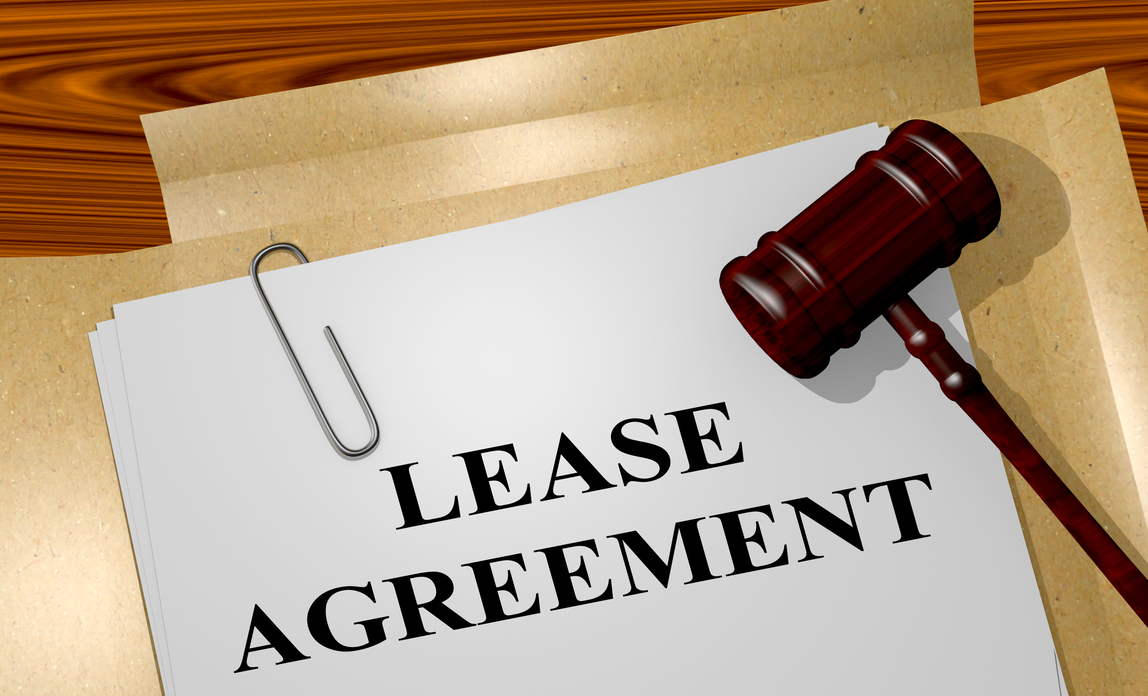🏡 New Maryland Law Limits Lease Termination When Selling
Effective July 1, 2025, the Maryland Renters’ Rights and Stabilization Act, based on legislation from October 1, 2024, significantly changes how landlords can handle lease terminations and sales of 1-3 unit residential rental properties.
Many owners wonder: Can I terminate my tenant’s lease early if I decide to sell?
The short answer: No, not without tenant agreement and full legal compliance.
Here’s what every Maryland landlord needs to know.
❌ Selling the Property Is Not Grounds for Breaking a Lease
If your tenant is under an active lease, you cannot force them to leave early just because you wish to sell. You may ask the tenant if they’d like to vacate early, but unless they agree in writing, the lease remains fully enforceable through its expiration date.
Under the new law:
A desire to sell is not considered “just cause” for early lease termination
Tenants have the right to remain until their lease ends, unless otherwise agreed
📆 Lease Termination Requirements
If you want to end a fixed-term lease, the law now requires:
90 days’ written notice prior to the lease end date
The tenant’s written agreement to terminate earlier than that
Note: After the lease ends and becomes month-to-month, you can terminate with the appropriate legal notice, but this still does not override the tenant’s new rights under the Renters’ Rights Act.
🏠 Right of First Refusal for Tenants
One of the most significant additions to Maryland law is the Tenant Right of First Refusal (ROFR). Before listing a 1-3 unit rental property for sale, you must:
Notify the tenant in writing (via certified mail) of your intent to sell
Offer them a 30-day Exclusive Negotiation Period (ENP) to purchase the property
Provide key sale terms (price, closing date, etc.)
Pause all other sales activity—no listings, showings, or negotiations with third parties during ENP
If the tenant:
Submits an offer matching your terms: You must accept it.
Submits a different offer: You have 5 days to counter; they then have 5 more days to respond.
If no agreement is reached after 30 days, you may proceed with a third-party sale—but with conditions.
🔁 Right of First Refusal Still Applies After Negotiation Window
Even if the tenant doesn’t buy during the ENP, the law continues to protect their interests. If a third-party offer comes in:
You must notify the tenant again
Give them 30 days to match the offer if it’s within 10% of the original terms you offered them
🚫 Exemptions to the Right of First Refusal
You do not need to offer ROFR if the property transfer is:
To a family member
To a wholly owned business entity
By court order, will, probate, tax sale, bankruptcy, or charitable donation
For properties with four or more units
📝 Compliance Requirements & Reporting
You must:
Submit all notices, offers, tenant responses, and sales outcomes to the Maryland Office of Tenant and Landlord Affairs (OTLA)
Use their official portal for documentation
Retain records and delivery confirmations
Noncompliance Penalties:
Fines of $1,000 per violation
Potential legal action or sale delays initiated by the tenant
🧠 Final Takeaway for Property Owners
As a Maryland landlord, it's now more critical than ever to understand your obligations before deciding to sell a rental property. These new laws are designed to provide tenants stability—but with proper planning, you can still successfully sell your investment.
At Oracle Property Solutions, we stay ahead of legal changes to ensure owners remain compliant and protected. Need help navigating your next sale or lease termination? We’re here to help.


